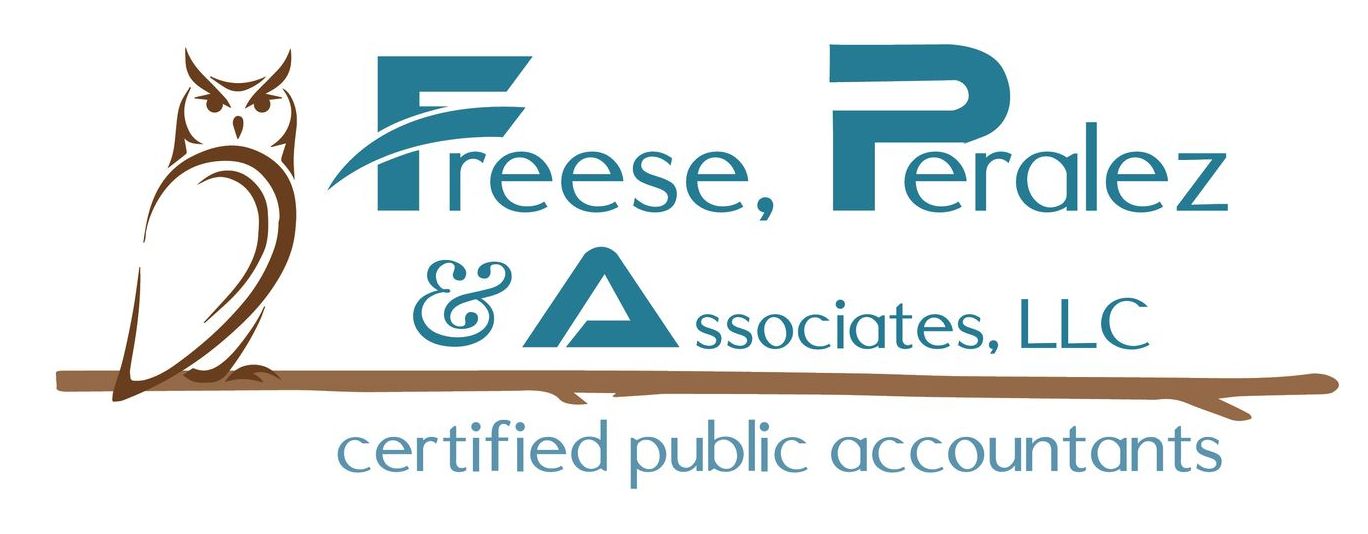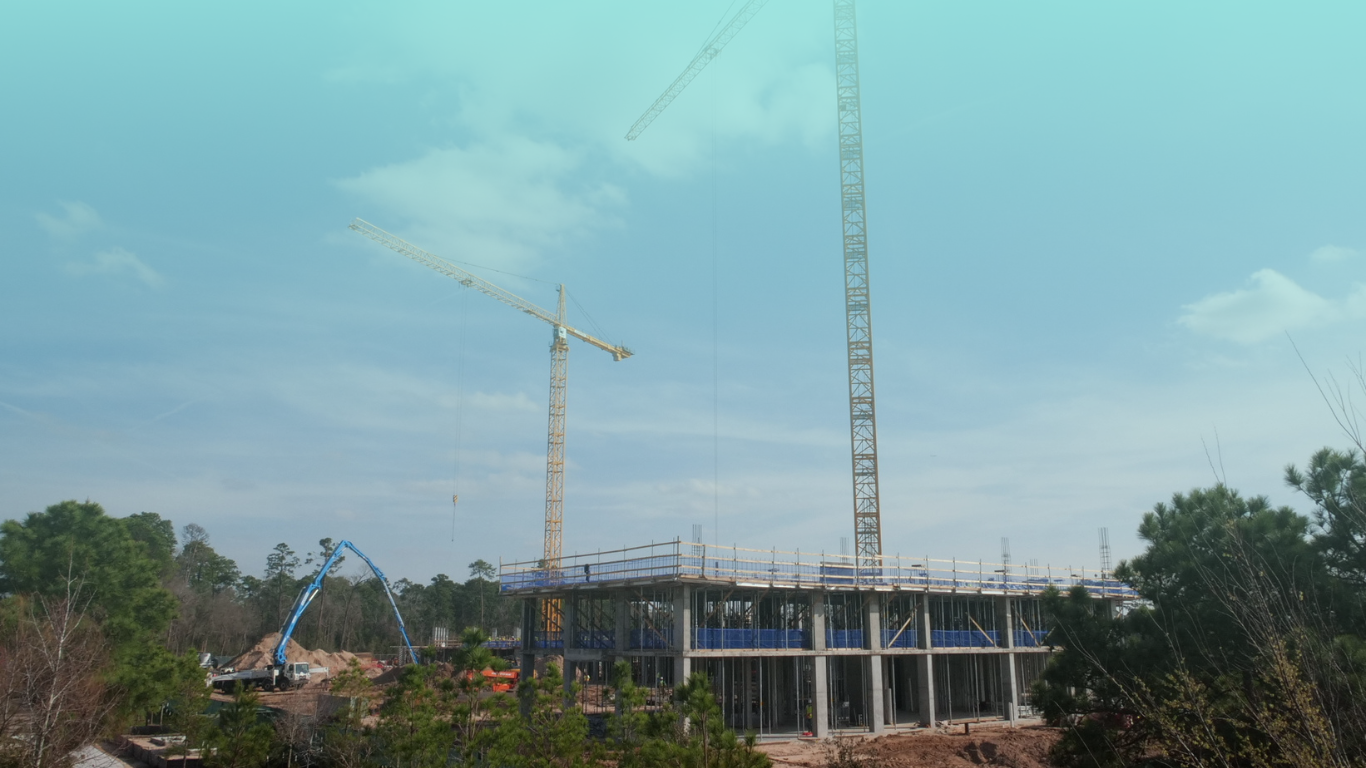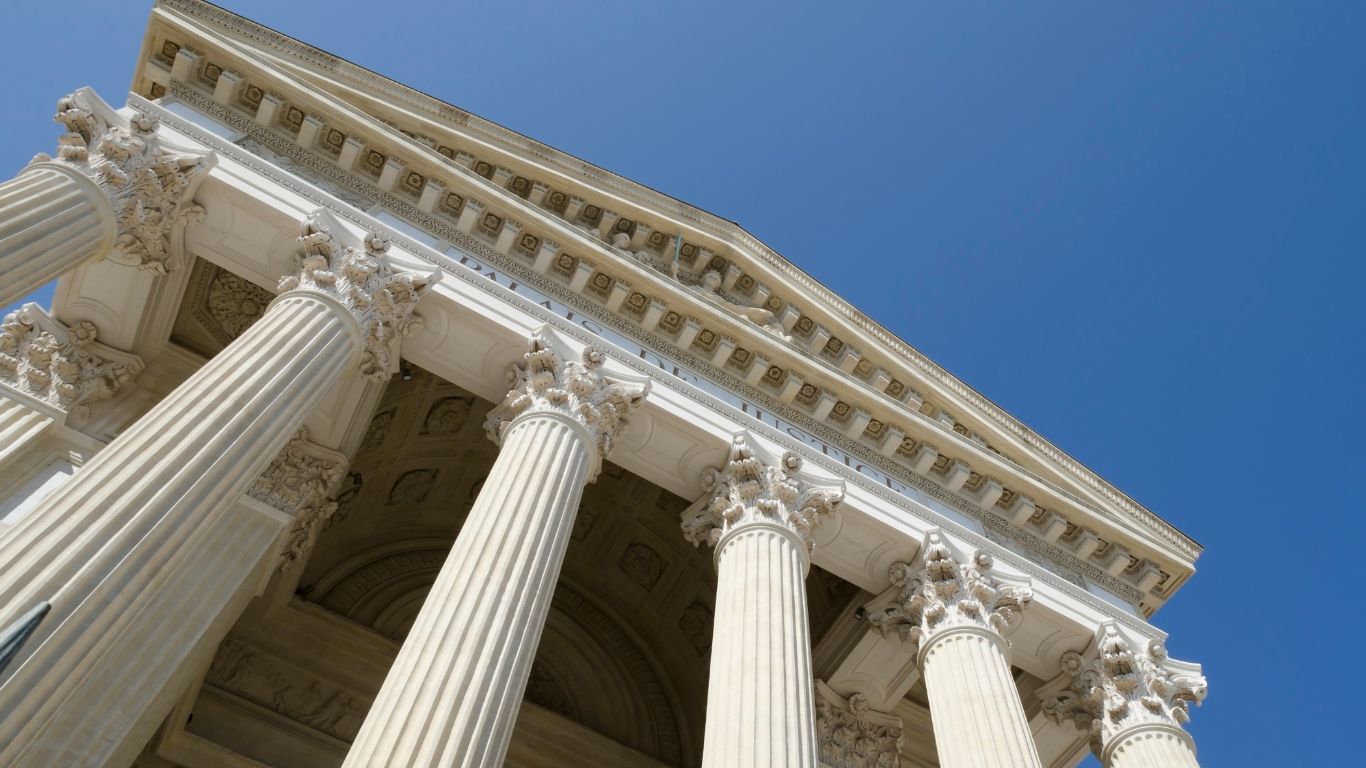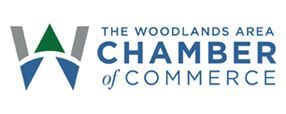Maximizing Your Investments with Bonus Depreciation and 1031 Exchanges: Insights from Freese, Peralez & Associates
Maximizing Your Investments with Bonus Depreciation and 1031 Exchanges: Insights from Freese, Peralez & Associates
Maximizing Your Investments with Bonus Depreciation and 1031 Exchanges
In the dynamic landscape of real estate and business investments, savvy investors are continuously seeking strategies to enhance their portfolio while minimizing tax liabilities. Among the most potent tools at their disposal are bonus depreciation and 1031 exchange rules. Understanding these mechanisms is crucial for any investor looking to optimize returns. Here, Freese, Peralez & Associates delves into the intricacies of these tax strategies, offering clarity and guidance to navigate their complexities.

Accelerate Your Savings with Bonus Depreciation
Bonus depreciation stands out as a key tax advantage, allowing for the accelerated deduction of the cost of qualifying assets in the first year of use. This provision covers a wide range of assets, including but not limited to manufacturing equipment, technology, and specific building improvements. The immediate benefit is a substantial reduction in taxable income, leading to enhanced cash flow that can be redirected towards further investments or reserves.
However, it's essential to stay abreast of the evolving landscape of bonus depreciation rules. In 2024, the deduction is 60% and set to phase down further next year. However, there is a proposed bill potentially extending full 100% bonus depreciation through 2025. Navigating these changes requires a keen eye on legislative developments.
Leveraging 1031 Exchanges for Deferred Gains
The 1031 exchange offers a strategic avenue for deferring capital gains taxes on real estate transactions, provided the proceeds are reinvested into similar properties. This strategy is bound by strict timelines and the necessity of a qualified intermediary, underscoring the importance of meticulous planning and adherence to IRS guidelines.
Synergizing Strategies for Optimal Outcomes
Interestingly, bonus depreciation and 1031 exchanges can be synergistically employed to maximize tax benefits. For example, taxable gains from a 1031 exchange can be offset by applying bonus depreciation to qualifying new asset purchases, creating a balanced approach to tax management.
Navigating the Changing Tide of Tax Legislation
The tax landscape, particularly concerning these strategies, is subject to continuous shifts, most notably influenced by the Tax Cuts and Jobs Act of 2017 and potential future legislative changes. Proposed modifications, such as the "capped deferral" for 1031 exchanges in the Biden Administration’s FY 2024 budget, highlight the need for vigilance and strategic foresight in tax planning.
Freese, Peralez & Associates: Your Guide to Informed Investment Decisions
Given the intricate nature of bonus depreciation and 1031 exchanges, coupled with the fluidity of tax regulations, partnering with seasoned tax professionals like Freese, Peralez & Associates becomes indispensable. Our expertise not only ensures compliance but also empowers investors to leverage these tax strategies effectively, aligning with the latest regulations and maximizing investment potential.
In conclusion, while the realms of bonus depreciation and 1031 exchanges present valuable opportunities for tax savings and investment growth, they also demand a nuanced understanding and strategic application. Freese, Peralez & Associates is dedicated to providing the insights and support necessary to navigate these complexities, ensuring that your investment decisions are both informed and impactful.
















